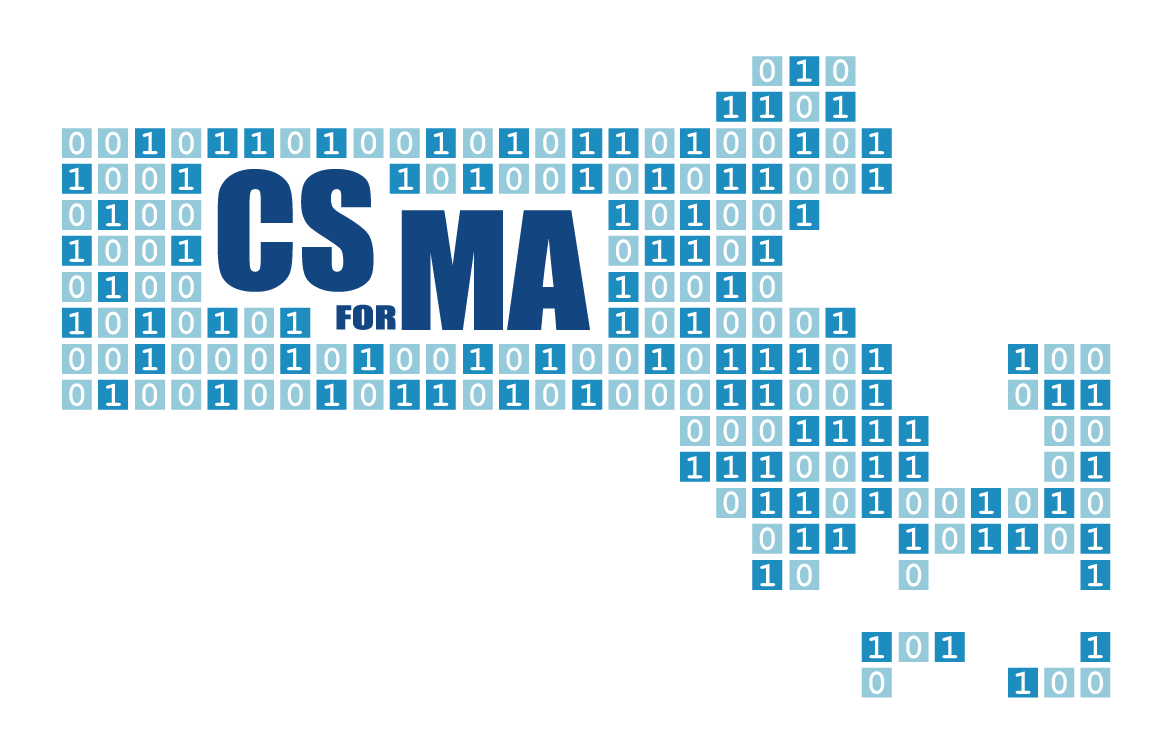
Summary
This course provides students with the theory and skills required in the fields of ethical hacking and incident handling. Areas of instruction include various tools and techniques, vulnerabilities of operating systems, software and networks used by hackers to access unauthorized information, and techniques and technologies to defend against these attacks. This course also addresses incident handling methods used when information security is compromised. This course includes lecture, course projects and assignments.
Learning Outcomes
● Explain the ethical and legal implications of hacking and penetration testing
● Identify common information gathering tools and techniques
● Analyze how port scanning and fingerprinting are used by hackers
● Analyze how enumeration is used in conjunction with system hacking
● Analyze wireless network vulnerabilities exploited by hackers
● Perform web and database attacks
● Identify and remove common types of malware from infected systems
● Identify Trojans, backdoors, and covert communication methods
● Perform network traffic analysis and sniffing by using appropriate tools
● Analyze systems using Linux tools
● Perform incident handling by using appropriate methods
● Compare and contrast defensive technologies
What Should I Know
Students should have foundational knowledge in TCP/IP and security and familiarity with operating systems (Windows and Linux).
Professor Mike Qaissaunee is Chair of the Engineering and Technology Department. Mike has been the driving force behind three National Science Foundation (NSF) grants awarded to Brookdale:
Building a Pipeline of Cyber Warriors Through Education and Competition Offered Through Community Colleges, awarded in March 2013; E-MATE, E-books and Mobile Apps for Technician Education, awarded in October 2012; and a 2003 grant to found the Mid-Atlantic Institute for Telecommunications Technologies (MAITT). As Principal Investigator (PI) of MAITT, Mike led the development and implementation of several new courses related to wireless communications, and co-authored a 10th grade Engineering and Technology textbook. Mike has been active at his own campus and around the country in promoting the adoption of new technologies in and approaches to teaching and learning, including: blogs, audio and video podcasts, wikis, mobile computing, and educational gaming and simulation. He has conducted workshops and presented keynote addresses at more than 50 conferences and seminars nationwide on topics including cybersecurity, interactive e-books, wireless, wireless security, iPhone programming, and Web 2.0.
In December 2013, Qaissaunee was recognized by the SANS Institute as a 2013 recipient of the People Who Made a Difference in Security award. The SANS Institute is a cooperative research and education institution for security training and certification. Qaissaunee was honored for his work implementing the New Jersey Cyber Aces Academy at Brookdale (NJCAAB), a hands-on cybersecurity training program at Brookdale, and for facilitating its replication in other states. He was presented with the award Dec. 16 at the SANS Cyber Defense Initiative (CDI) training event in Washington, D.C.
Mike is also the recipient of two Educator of the Year awards, including the 2007 Global Wireless Education Consortium (GWEC) Wireless Educator of the Year Award and the 2009 High Impact Technology Exchange Conference (HI-TEC) Educator of the Year Award. The awards recognize his outstanding contributions to advanced technological education at both the local and national levels and significant contributions to the education and training of today’s technology workforce.
On his home campus, Mike was recognized in 2011 with an Outstanding Faculty Award and in 2013 with the prestigious Barringer Award.
Mike received his undergraduate and graduate degrees in Mechanical Engineering from the University of Delaware (Newark, DE), where his daughter is currently a junior. The married father of one resides in Union, NJ.
